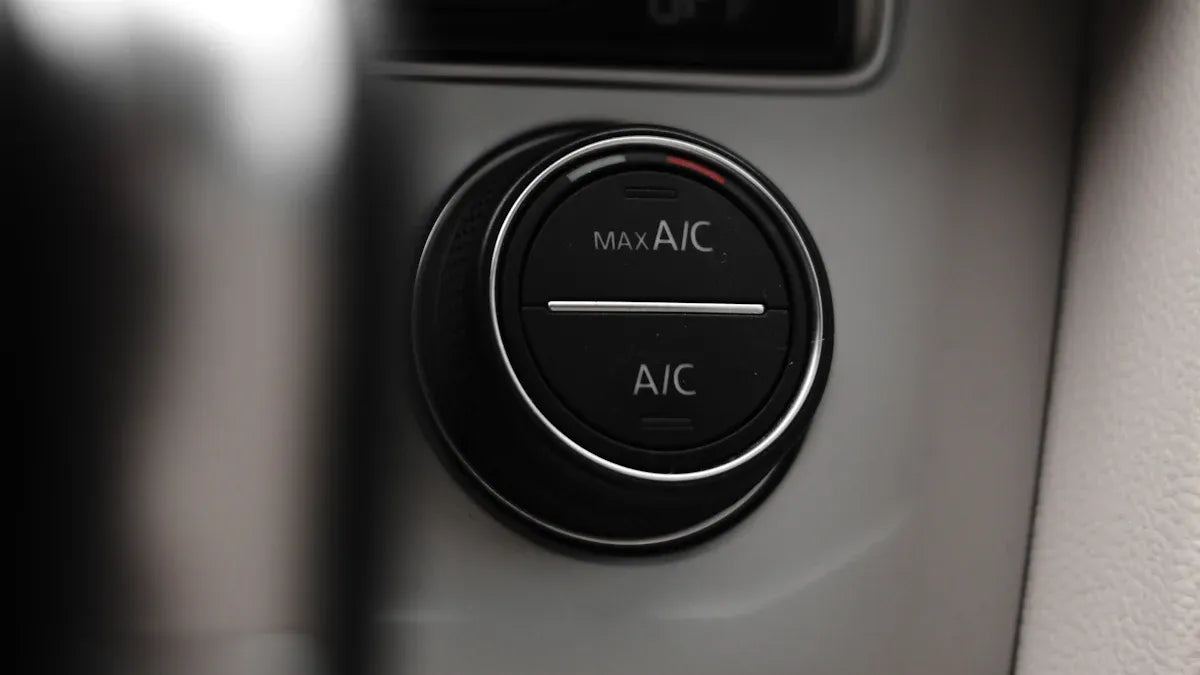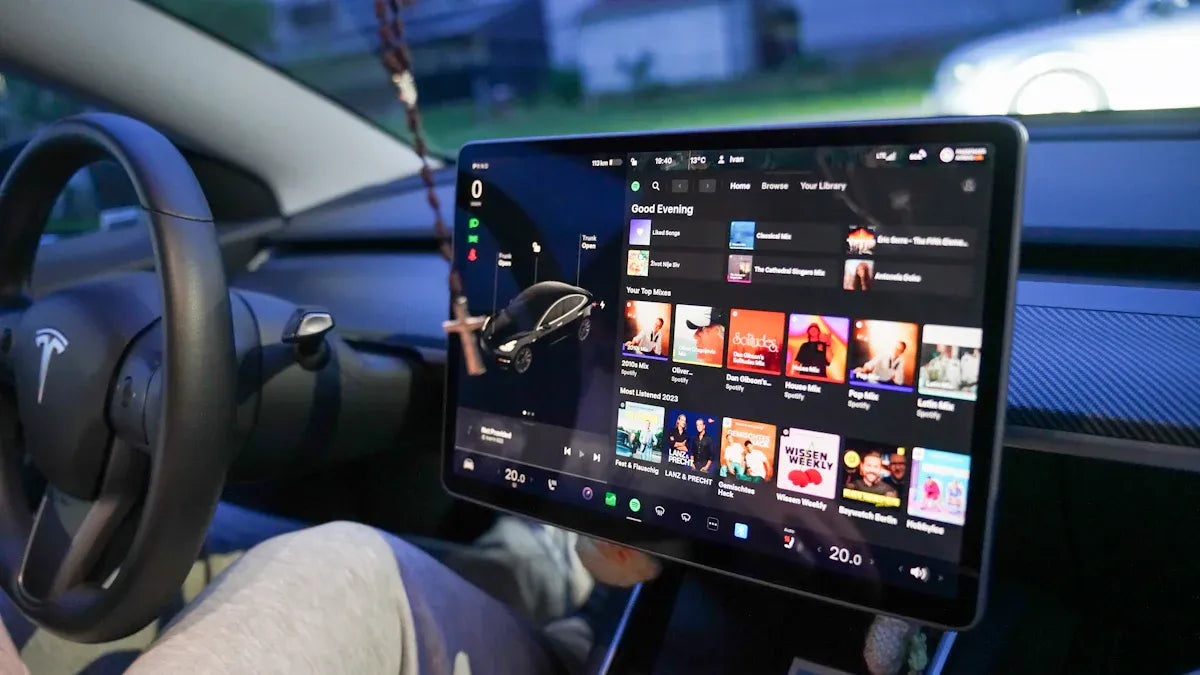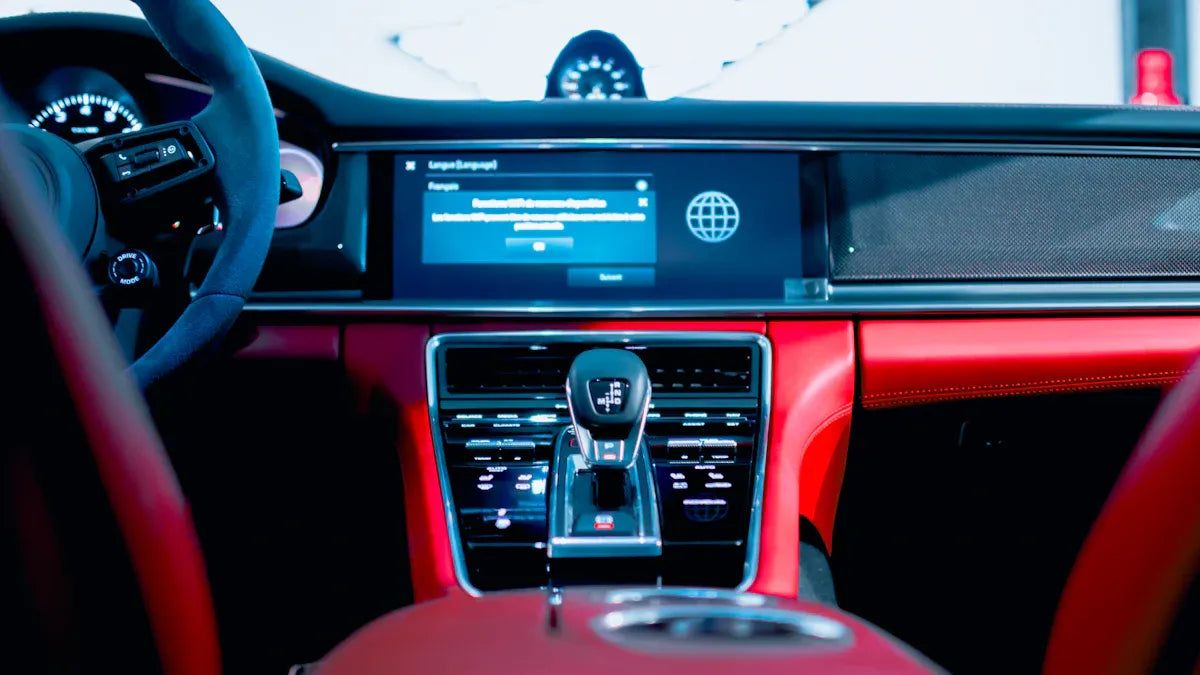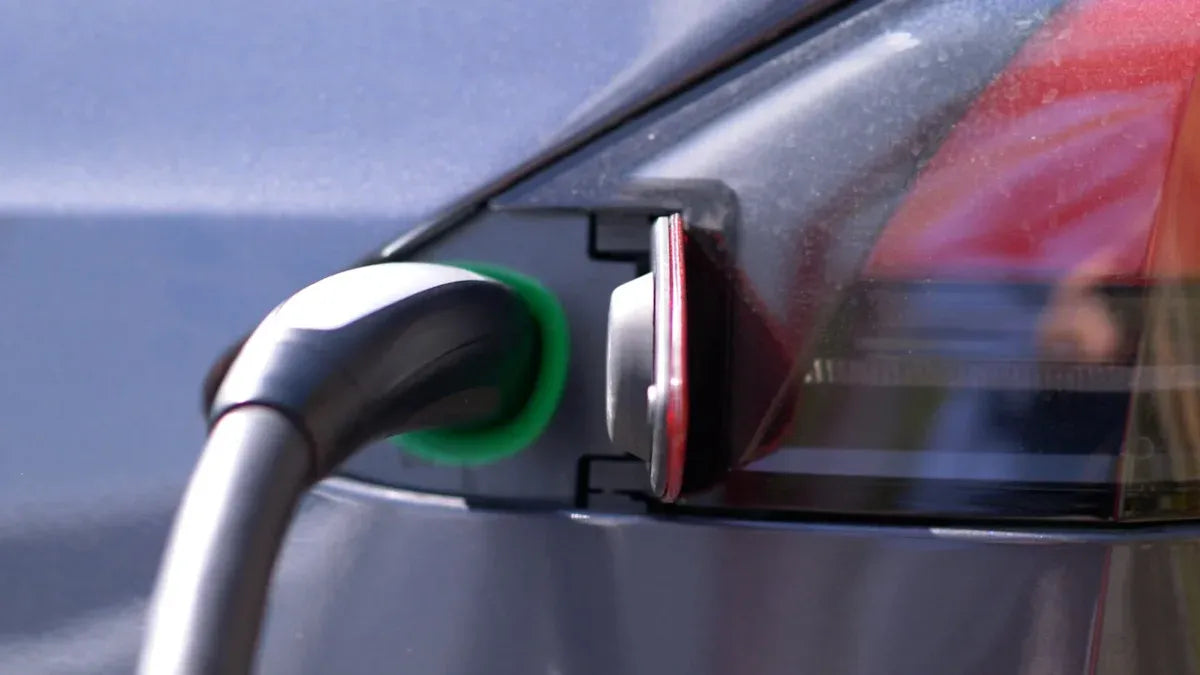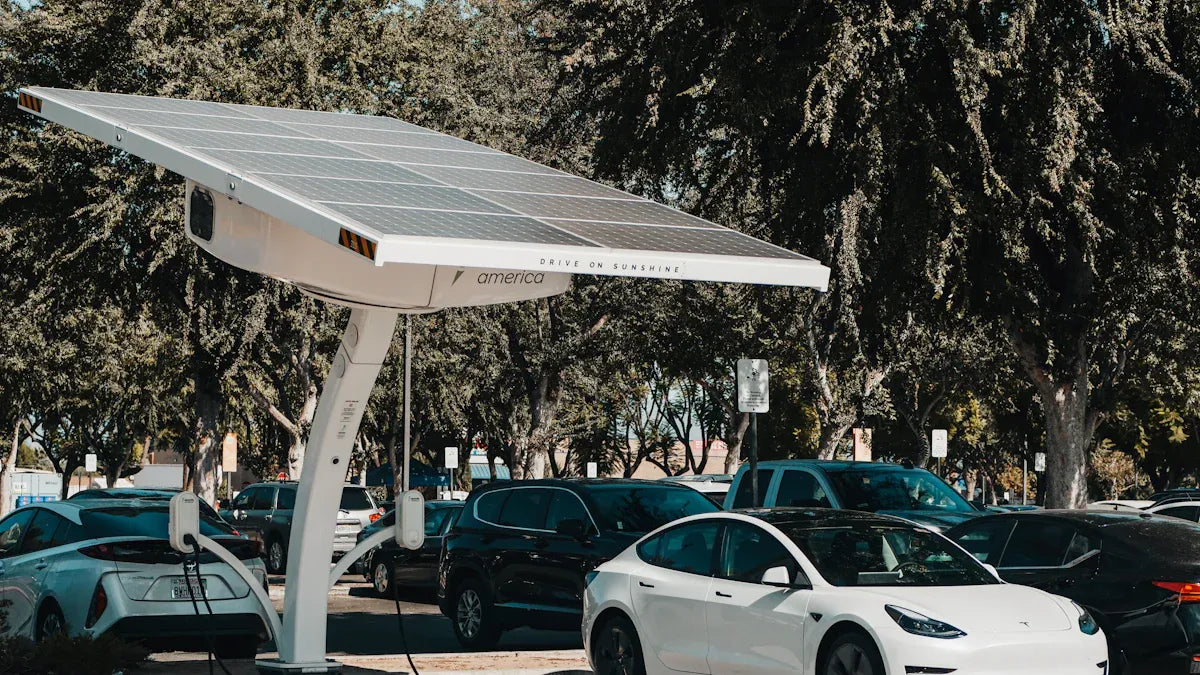CarbonXtreme Post
How Carbon Fiber is Transforming Automotive Engineering in 2025
In 2025, carbon fiber is revolutionizing the automotive industry, offering significant improvements in vehicle performance, fuel efficiency, and sustainability. Its combination of lightweight and high-strength properties makes it ideal for replacing heavier materials like steel and aluminum. With advancements in manufacturing processes, carbon fiber is now more affordable and accessible, even for mid-range and economy vehicles. The global market for carbon fiber in automotive applications is expected to grow substantially, driven by the increasing demand for lightweight materials in electric vehicles (EVs) and high-performance cars. Additionally, innovations in recycling and bio-based carbon fiber are shaping a greener automotive future.
“How to Upgrade Your Old Car’s AC System: Step-by-Step Guide for Modern Comfort”
Upgrading your car's air conditioning system significantly improves both comfort and efficiency, especially during hot weather. Modern systems use advanced components like high-performance compressors, new refrigerants, and efficient condensers to ensure optimal cooling. These upgrades also contribute to energy savings and reduced emissions, making them a smart investment for both comfort and sustainability. Modern refrigerants, such as R-134a and HFOs, are eco-friendly and compliant with current regulations. By updating your AC system, you not only enhance your driving experience but also help reduce your car’s environmental footprint.
Smart Rearview Mirror Market Analysis and Growth Insights 2025
The global smart rearview mirror market is experiencing rapid growth, driven by the increasing demand for advanced safety and connectivity features in vehicles. These mirrors, integrated with technologies like night vision, blind-spot detection, and real-time camera feeds, enhance driving safety and convenience. The market is projected to reach USD 7.60 billion by 2025, with a compound annual growth rate (CAGR) of over 15%. Technological innovations, regulatory mandates, and rising consumer awareness are fueling this growth. Manufacturers and investors have significant opportunities to capitalize on this trend, especially in regions like North America, Europe, and Asia-Pacific.
Which Car Brand Leads in AI: Tesla, BMW, or Mercedes-Benz
AI is revolutionizing the automotive industry, with Tesla, BMW, and Mercedes-Benz leading the way in autonomous and AI-driven driving systems. Tesla’s Autopilot and Full Self-Driving aim for a more automated driving experience, while BMW focuses on personalized AI features for enhanced comfort and convenience. Mercedes-Benz takes a significant leap with its Drive Pilot system, offering Level 3 autonomous driving. While each brand has strengths—Tesla in innovation, BMW in driver engagement, and Mercedes in safety—limitations like Tesla’s edge-case scenarios and BMW’s dependency on driver engagement remain. Choosing the best system depends on your priorities: autonomy, innovation, or personalized driving.
How to Upgrade Your Car Interior with the Latest Tech
Upgrading your car interior with the latest tech can significantly enhance comfort, convenience, and safety. Features like modern infotainment systems, smart connectivity, LED lighting, and wireless charging pads make your driving experience easier and more enjoyable. Voice control, advanced driver assistance systems, and ergonomic seats also contribute to a safer and more comfortable journey. While car-specific upgrades offer better integration, universal options are a cost-effective alternative. With proper maintenance, your upgrades will provide long-term value, improving both functionality and resale value.
Voice Control in Cars: A Safer and Smarter Driving Experience in 2025
Voice control technology in cars is revolutionizing the driving experience by making it safer, more convenient, and smarter. This hands-free system reduces distractions by allowing drivers to manage navigation, communication, and entertainment without taking their eyes off the road. By integrating AI and Natural Language Processing (NLP), voice control systems now understand natural speech and learn your preferences, offering personalized and predictive features. This advancement not only improves safety but also enhances convenience, making driving more enjoyable.
How Wireless Car Charging Pads Revolutionize EV Charging
Wireless car charging pads represent a significant advancement in electric vehicle (EV) technology, offering a seamless and convenient way to charge without cables. Using electromagnetic induction, these systems are highly efficient and eliminate the hassle of manual connections, providing up to 94% efficiency. With a market projected to grow to $12.4 billion by 2033, wireless charging is transforming EV infrastructure and promoting sustainable transportation. The technology’s future looks promising, with applications in commercial fleets, public transit, and even vehicle-to-grid (V2G) systems, helping to drive the shift to zero-emission vehicles.
The Role of Renewable Energy in Reducing Car Emissions
Renewable energy, such as solar, wind, and biofuels, plays a crucial role in reducing car pollution and combating climate change. By powering electric and hydrogen vehicles with renewable energy, emissions can be reduced by up to 89%, significantly benefiting the environment and public health. Solar-powered cars, for example, provide zero emissions and promote clean energy use, while biofuels and hydrogen fuel cells are sustainable alternatives for long-distance travel. The transition to renewable energy-powered vehicles is essential for a sustainable future, with the potential to reduce greenhouse gases, improve air quality, and reduce healthcare costs.
Exploring the Features and Benefits of Solar-Powered Cars
Solar-powered cars are revolutionizing transportation by utilizing renewable solar energy to reduce emissions and reliance on fossil fuels. These vehicles are equipped with photovoltaic panels that convert sunlight into electricity, allowing them to operate efficiently with zero tailpipe emissions. While challenges like high initial costs and weather dependence exist, ongoing advancements in solar cell efficiency and energy storage technology make solar-powered cars a promising option for sustainable transportation. With increasing interest in eco-friendly vehicles and supportive regulatory frameworks, these cars are set to play a key role in achieving sustainability goals.



